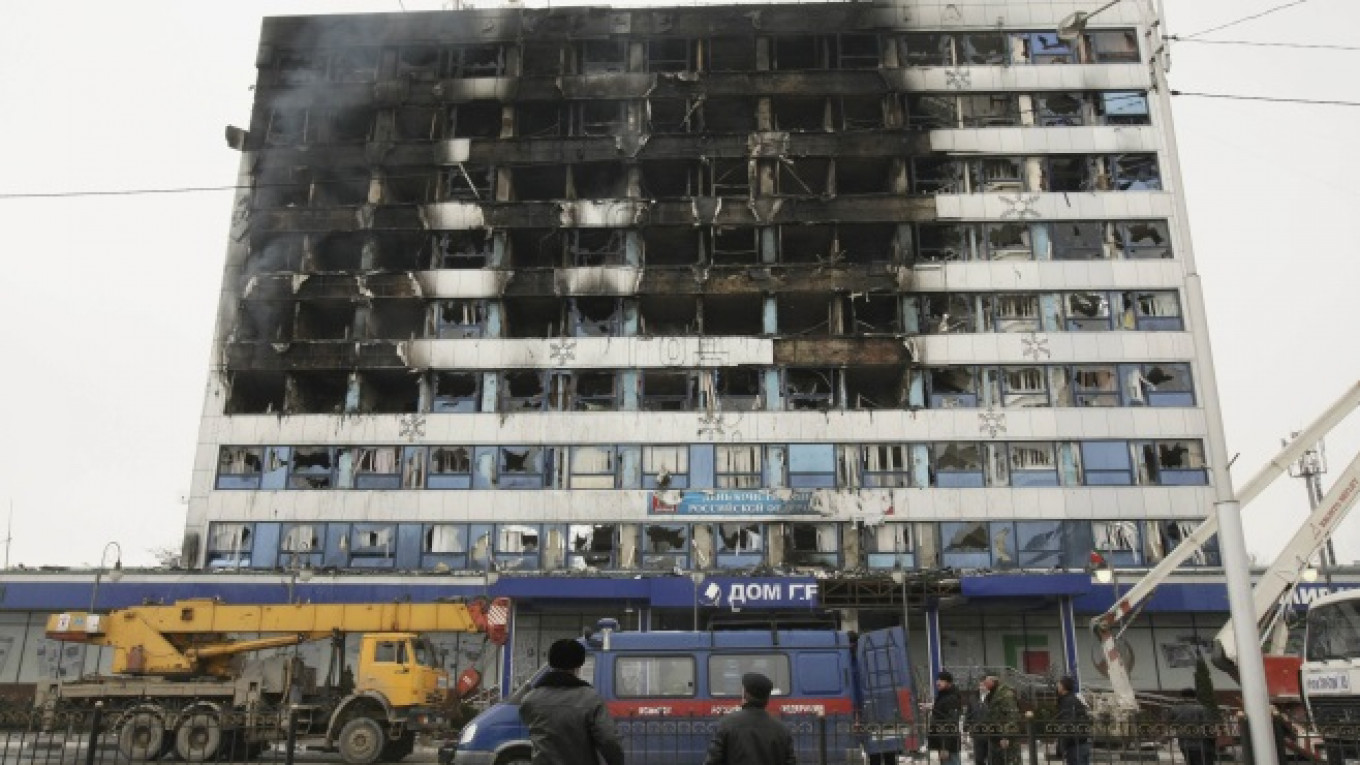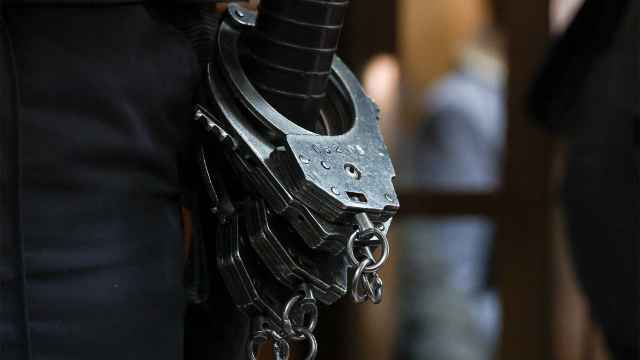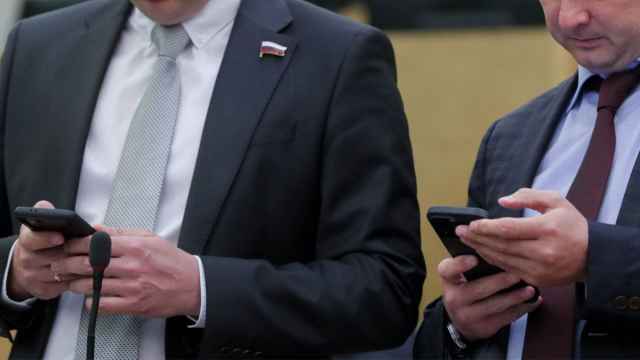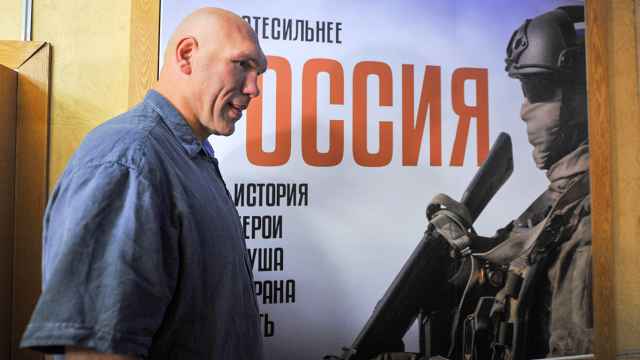At least two more homes belonging to the relatives of suspected militants in Chechnya have been razed after Russian President Vladimir Putin denounced the "extrajudicial settling of scores," according to a report by human rights group Memorial.
The latest attacks bring the total number of homes that are known to have been destroyed this month to 15, Memorial said in a report released Tuesday.
The razing and burning down of houses came in response to an attack on Chechnya's capital Grozny on Dec. 4, which claimed more than a dozen lives and prompted Chechen leader Ramzan Kadyrov to declare that family members of militants would be deported and their homes destroyed for doing nothing to stop the violence.
The arson attacks that followed drew protests from human rights activists, and Putin denounced Chechnya's tactics during his annual news conference on Dec. 18. At the same time, however, he echoed comments made earlier by Kadyrov by conceding that militants' families are often aware of their loved one's militant activities.
"I have to tell you that based on the experience of anti-terror units, as a rule — I'm not saying 'always,' and I will explain what I mean — as a rule, the relatives of people who commit terrorist attacks are aware of it at least in the vast majority of cases," Putin said.
"But this does not give anybody, including the leader of Chechnya, the right to any kind of extrajudicial settling of scores," he added.
A day after Putin's news conference, activists razed a house belonging to the family of a militant who had joined the underground insurgency at the start of Chechnya's second separatist war in 1999, Memorial said in its report. Another building on the same family's land plot in the village of Koshkeldy in the Gudermes region was also destroyed two days later.
On the night of Dec. 20, a house belonging to the mother of several militants was destroyed in another village near Gudermes, Ishkhoi-Yurt, Memorial said in the report.
All the buildings had been abandoned, Memorial said, and no injuries were reported.
Kadyrov's encouragement of collective punishment, while harshly criticized by human rights activists, has gotten support from at least one Russian lawmaker, Roman Khudyakov of the Liberal Democratic Party, who has submitted a bill to the State Duma that would hold relatives of militants criminally liable for failure to inform the authorities of a planned attack.
See also:
A Message from The Moscow Times:
Dear readers,
We are facing unprecedented challenges. Russia's Prosecutor General's Office has designated The Moscow Times as an "undesirable" organization, criminalizing our work and putting our staff at risk of prosecution. This follows our earlier unjust labeling as a "foreign agent."
These actions are direct attempts to silence independent journalism in Russia. The authorities claim our work "discredits the decisions of the Russian leadership." We see things differently: we strive to provide accurate, unbiased reporting on Russia.
We, the journalists of The Moscow Times, refuse to be silenced. But to continue our work, we need your help.
Your support, no matter how small, makes a world of difference. If you can, please support us monthly starting from just $2. It's quick to set up, and every contribution makes a significant impact.
By supporting The Moscow Times, you're defending open, independent journalism in the face of repression. Thank you for standing with us.
Remind me later.






